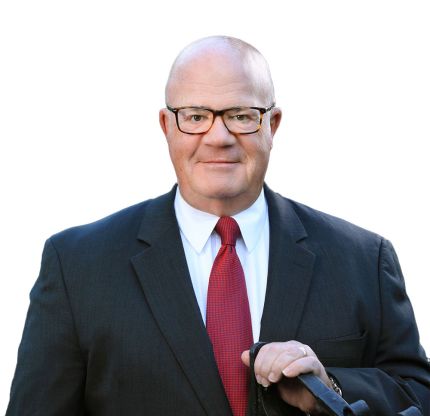
Six Blind Funeral Directors – Third Installment
Six Blind Funeral Directors – Third Installment
In our prior two installments we looked at our future from a theoretical perspective and a rational perspective. This installment we will focus on a contextual perspective.
A Contextual Approach To The Future
A study of the evolution of contemporary American DeathCare beginning in 1850 suggests that our current transformation is the fifth in a series of iterative transformations. Each, including this one, is a response to changes in society and culture.
Compare the skill sets necessary for success in 1850 (livery and cabinet making) with the, yet undefined, skill sets necessary for success today and the difference is worlds apart. This is not our first rodeo. Imagine you are the 30-year-old son of a coffin maker coming home from the very first NFDA convention in 1880 and telling your coffin – maker dad that you were going to get your embalmer’s certificate and the company needed to switch to premade caskets instead of making coffins. I just can’t see that conversation going well.
Just 30 years ago the primary skill sets for funeral directors were embalming, casket merchandising and never making a mistake. Today, people skills dominate as well as teaching (better word: coaching), listening and creating.
So, in context, this is the fifth time in our history we have needed to respond to cultural changes by assimilating new and different skill sets. Those that seek out and embrace those new skill sets will realize the “First Mover” advantage.
Each time we have undergone transformation we have emerged better and stronger and I am hopeful we can do the same now. What is needed are two insights. The first has to do with what has not changed. And the second with what we need to become. In other words: “we need to change the bathwater without discarding the babies.”
What has not changed and is a thread that reaches back over at least 4,000 years of recorded history and beyond is the human response to death. This includes both the deceased and their survivors. That core need is the same today that it was from the beginning of time. The substance has not changed but the form has. The essence or consistent theme has only changed relative to its expression and platform. When death occurs, humans need to gather, comfort one another, and affirm the meaning of life (the deceased and our own). There are probably other ways to describe it but in a succinct way those are the common elements, the three universal drivers that reach across all individual preferences. You can change the form, the ritual, the process, the venue; but those three elements are constant.
That leaves us with what we need to become. Clearly, in much the same way coffin makers and livery providers yielded to embalmers and casket sellers, we need to move to the next generation of funeral director: Muse, creator, guide, teacher, trusted advisor. Each of these involves that we take on new roles. We have done that before and we can do it now. What makes this reinvention a challenge is that it requires us to abandon our historical bias toward being unobtrusive. These are active roles producing intentional outcomes. “What do you want?,” is no longer a relevant question.
Next week, the fourth and final installment: What, Then, Shall We Become.
Our Blogging Expert

Business Consultant / Owner
Popular Articles

